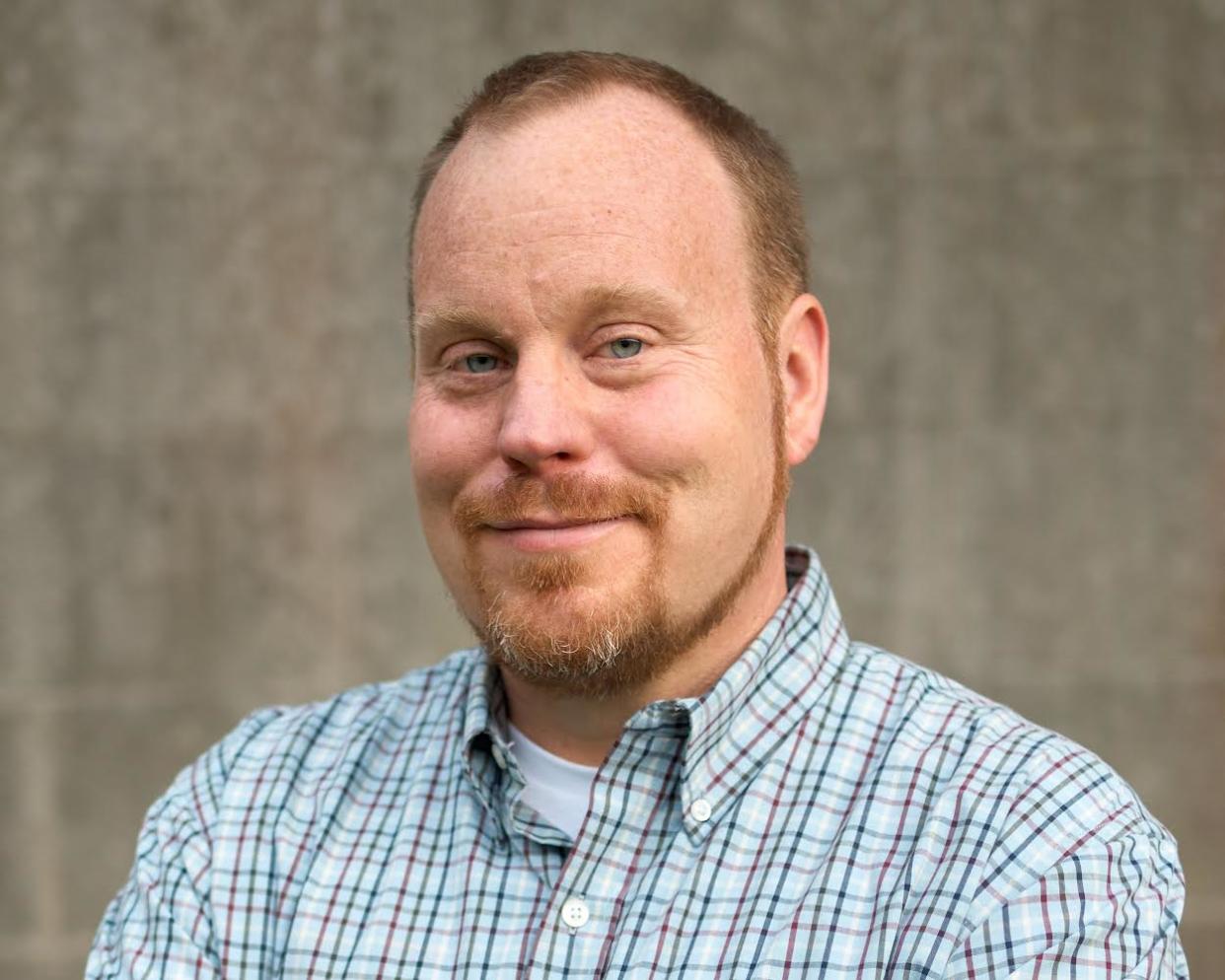Community Matters: Five provocative questions about community
This past Thursday, I turned 47.
When I was in high school, I can remember having a teacher who was turning 50 years old. Nearly 30 years later, I recall how old that felt to me at the time. Fifty! Half a century! I can still remember wondering what it could possibly feel like to be that old.
As I continue on my steady march to the half-century mark, I now look back on my young self with a mix of nostalgia and amusement. Youth, it has been said, is wasted on the young. While I would like to think that my youth was not wasted, it most certainly lacked the kind of insight and perspective that only comes with the passage of time and the accumulation of experience.
If you are a regular reader of this column, you may recall that I have occasionally used my birthday as a pretense for self-reflection related to my role as a community leader. Two years ago, around this time, I penned a piece that contained four questions intended to focus my attention on the kind of life I want to lead, the type of activities I ought to value, and the sort of communities I want to help create. As I mentioned then, and as I continue to believe today, these questions are both personally relevant and of some value for broader community consideration. They are, at their core, questions intended to uncover some of our most basic assumptions about community life, leadership, shared values and the future.

With two additional years of experience and insight under my belt, I thought I would take a moment to remind readers of these questions. If you are new to “Community Matters,” I trust that revisiting these questions will provide new things for you to consider. For those longtime readers, I have added something a bit new by way of a fifth question that, I think, captures an evolution of my thinking brought on by the passage of time and the accumulation of opportunity. So, both for readers old and new, here are the questions that are occupying my mind once again in the days surrounding my birthday.
First, if I had the luxury of spending all of my time enhancing our communities without it being my job, what sorts of projects would I undertake?
Second, if money or resources were of no concern, what would I envision as the best version of our communities?
Third, if our political systems were perfectly functional and supportive, what would we want to see happen throughout our region?
Fourth, if the past were no indicator or determinant of what could happen moving forward, what kind of vision would I imagine for the county where I have planted myself and my family?
Fifth, by choosing to spend my time focused on community initiatives, what am I implicitly saying no to, missing out on, or failing even to consider?
As I reflect on these matters afresh, I am stricken by just how salient these questions remain both to me and to our broader community concerns.
When I was in seminary, my mentor and longtime friend regularly reminded me that throughout history, the most interesting thinkers were the kind of people who were consumed by answering a very small list of questions. My mentor was a college president for 20 years. He held degrees from Princeton and Oxford Universities. He taught at Columbia and Stanford. He was acquaintances with Albert Einstein. All that to say, he had been around the block a time or two and understood what occupied the thinking of the kind of individuals whose work generates profound cultural change.
While I do not pretend to be the kind of thinker described above by my mentor, I am nevertheless comforted by the notion that depth and care in thinking ultimately tend toward fewer questions about one’s life and work. To be sure, each of the questions above multiply and extend in many ways and directions. But, if and as I am able to understand such complexity in relationship to a more simplified pattern of questions, I can begin to see seemingly dissimilar things as part of a more simplistic whole.
Complexity is an illusion that only emerges if one is unable to perceive patterns. At its core, I would argue that most everything we are (or should be) wrestling with as a county could begin to be addressed by answering some version of the five questions introduced above. Of course, merely answering such questions is only a starting point. We must also respond to and implement the answers we identify together. But, for all the seeming complexity that is baked into our shared community lives, it is important to remember that there remains a kind of simplicity at the heart of it all.
At its core, building community is nothing more than a manifestation of our most basic and fundamental shared convictions. Far too often we neglect staring together at such convictions. Perhaps, in a humble way, these birthday reflections will be of use in helping us all to reflect more carefully on the kinds of questions that might guide us toward a more thoughtful and principled community experience.
Daniel Rossi-Keen, Ph.D., is the co-owner of eQuip Books, a community bookstore in Aliquippa and the executive director of RiverWise, a nonprofit working to grow community power and voice so that residents can exercise agency over Beaver County's future. Reach Daniel at daniel@getriverwise.com.
This article originally appeared on Beaver County Times: Community Matters: Five provocative questions about community
